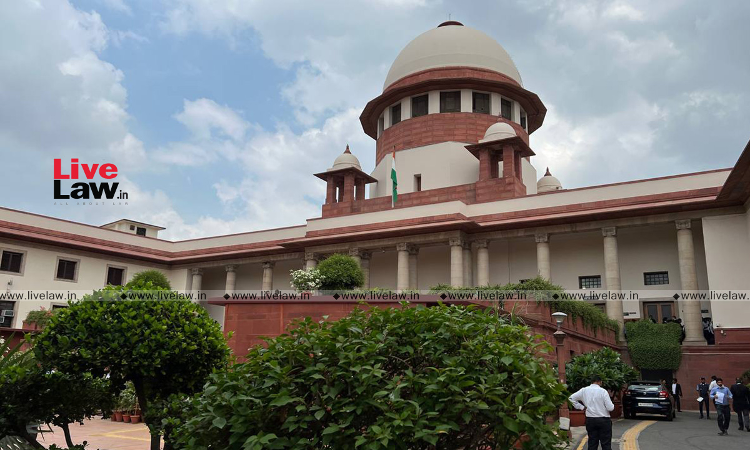Abetment To Suicide - Acts Of Accused Must Be Proximate To Occurrence For Conviction Under Section 306 IPC : Supreme Court
Ashok KM
12 Oct 2022 5:59 PM IST

Next Story
12 Oct 2022 5:59 PM IST
The Supreme Court reiterated that positive action proximate to the time of suicide on the part of the accused which led or compelled the deceased to commit suicide should be established for conviction under Section 306 of the Indian Penal Code.In cases of alleged abetment of suicide, there must be proof of direct or indirect acts of incitement to the commission of suicide, the bench of...
